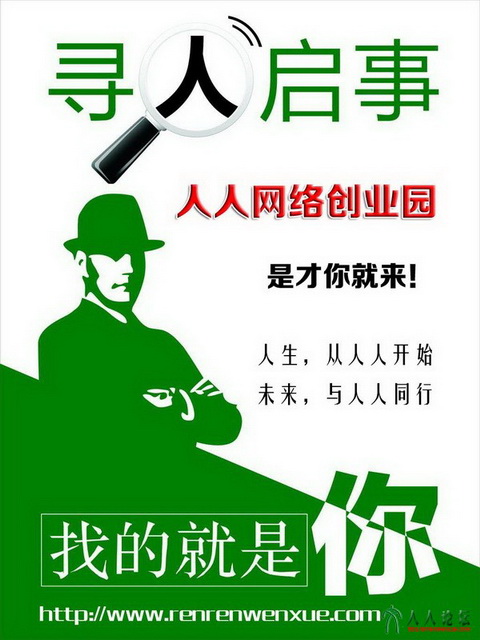|
据日本共同社8月18日报道,日本外务省17日宣布,将于本月31日至9月12日在东京麻布台的外交史料馆展出1945年9月2日签署的投降书以及盟军向日本政府下达的“第一号命令”的原件。据称,这是第一号命令首次向公众展出。 日本决定接受《波茨坦公告》后,在美国“密苏里号”战舰上签署了投降书。日方签字者有外相重光葵等人,盟军方面由最高司令麦克阿瑟等9国代表分别签署。第一号命令中记载了日军停止战斗、解除武装的程序以及提供军事设施、俘虏相关信息等规定。
下图为二战日本投降书(影印件)
下面是有关二战日本投降的英文资料 The Surrender of Japan August 14 - September 2, 1945 In August 1945, the Japanese situation was desperate. The major cities were devastated by atomic or conventional attack, and the casualties numbered in the millions. Millions more were refugees, and the average daily calorie consumption was below 1200. The fleet was lost, and the merchant shipping could not leave home waters or sail from the few possessions still held. Oil stocks were gone, rubber and steel were in short supply, and the Soviets were moving against the only sizable forces the Japanese had left, the Kwantung Army in Manchuria. They were a starving and undersupplied force. Many divisions had transferred to the Pacific, where they died in the island battles. Clearly the time to surrender had come. Incredibly, many in the military wanted to fight on, preferring death to capitulation. The cabinet, made up of elder statesmen, tried to send out peace feelers through neutral Sweden, Soviet Union, and Switzerland as early as June 1945. The only condition was the continued existence of the of Imperial Throne. Unwilling or unclear of the Japanese offer, the Allies refused and issued the Potsdam Declaration on july 26th. The emperor was sympathetic to the peacemakers. The Army members of the cabinet were not willing to give up, and Prime Minister suzuki had to move carefully. If there was a perceived weakness in the cabinet, even the emperor might be assassinated. The idea that the emperor would support surrender was inconceivable to many in both the Army and the Navy. suzuki cautiously sought out others on the cabinet, finding all but two generals in support. On july 28, the government issued a carefully worded response to the Potsdam Declaration, which unfortunately used a word with a double meaning. English-language broadcasts used the word "ignore" and the Western press picked up tha sentiment. Truman announced he had rejected the peace offer and dropped the atomic bombs. The emperor ordered a surrender document be sent accepting the Potsdam declaration. Through Swiss channels, it was sent to the United States, but it added that the emperor must be left on the Imperial Throne. The Allies replied that the Emperor would be subject to the Allied Occupation Commander. While th cabinet debated, the Emperor secretly recorded a surrender broadcast. Imperial Guardsmen searched government offices in vain to seize the record. On August 14, the record was broadcast. Using formal Japanese, the public was unsure if the Emperor was surrendering or exhorting his subjects to continued resistance. The announcer assured the Japanese public that the war was over. An abortive attempt that night by Army and Navy right-wing officers to take the Emperor hostage and continue the war was stopped. Truman accepted the surrender, and announced that the war was over on August 15th. Wild celebrations occurred in every Allied capital and most cities. US Army General Douglas C. MacArthur arrived at Atsugi Airfield that day. his staff, lightly armed with pistols, wondered if they would meet a firing squad. As they arrived, thousands of Japanese civilians surrounded the plane and gave him a warm welcome. The occupation of Japan was about to begin. On September 2nd, 1945, a huge force of Allied ships gathered in Tokyo Bay. Aboard the battleship uss Missouri, the Japanese signed the formal surrender document, watched by thousands of Allied representatives and the crew. MacArthur presided over the signing, accompanied by his former subordinate Genera Wainwright, who had been a pow since 1942. The Japanese Imperial Forces began surrendering in massed formations over the next six weeks. By October 7, 1945, when 1,000,000 Japanese Army soldiers were surrendered in Peking, many Japanese soldiers were being sent home. The Soviet POWs would wait years to return to Japan. |










